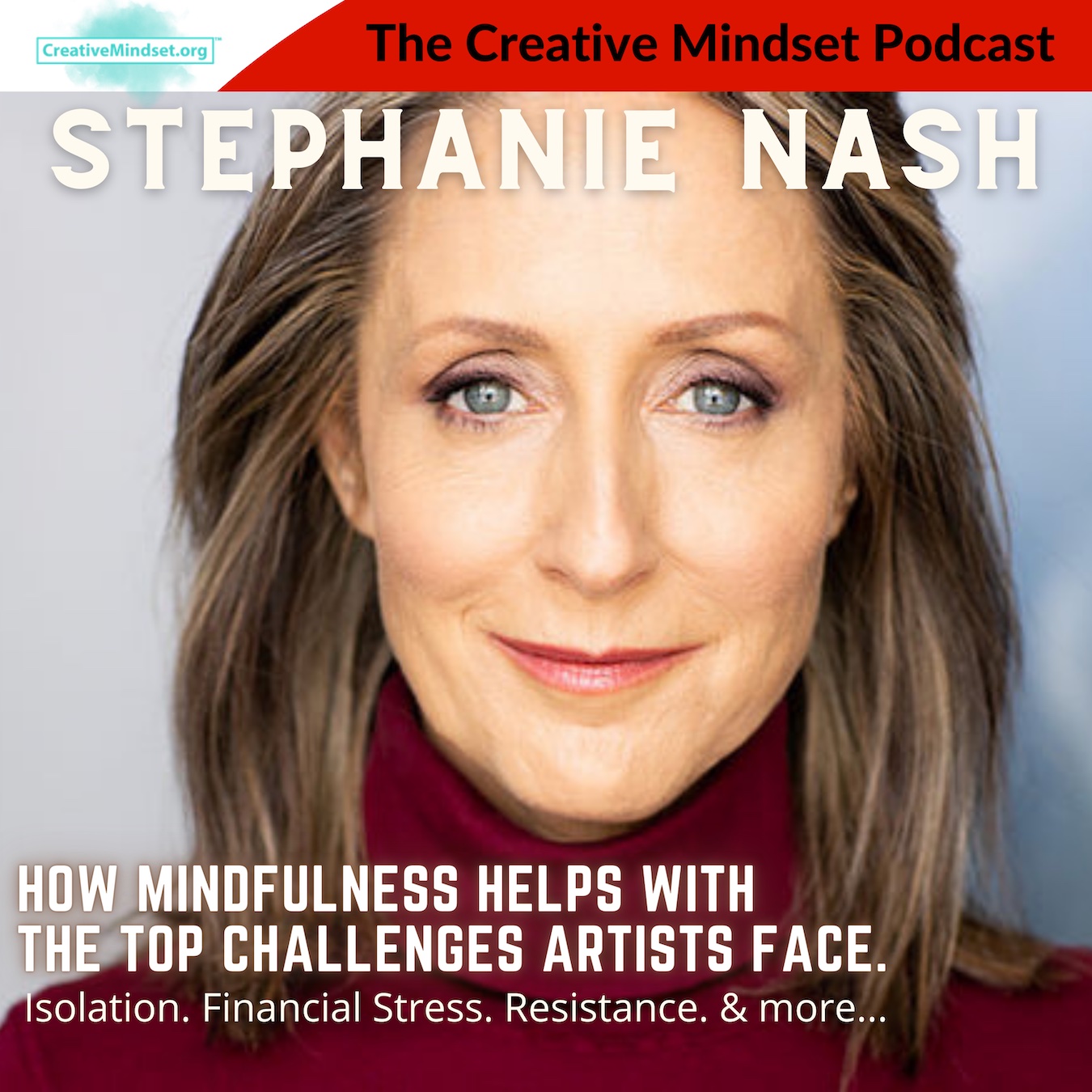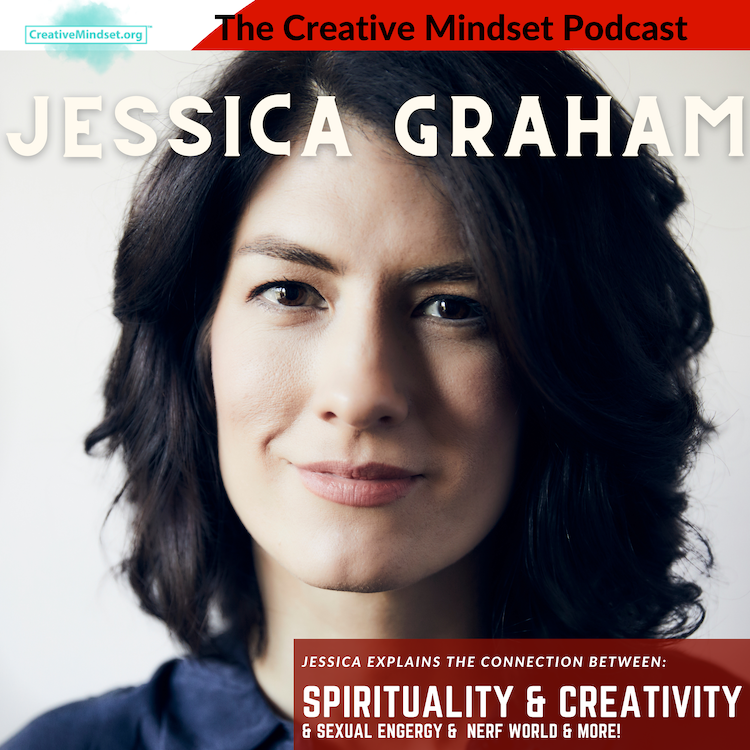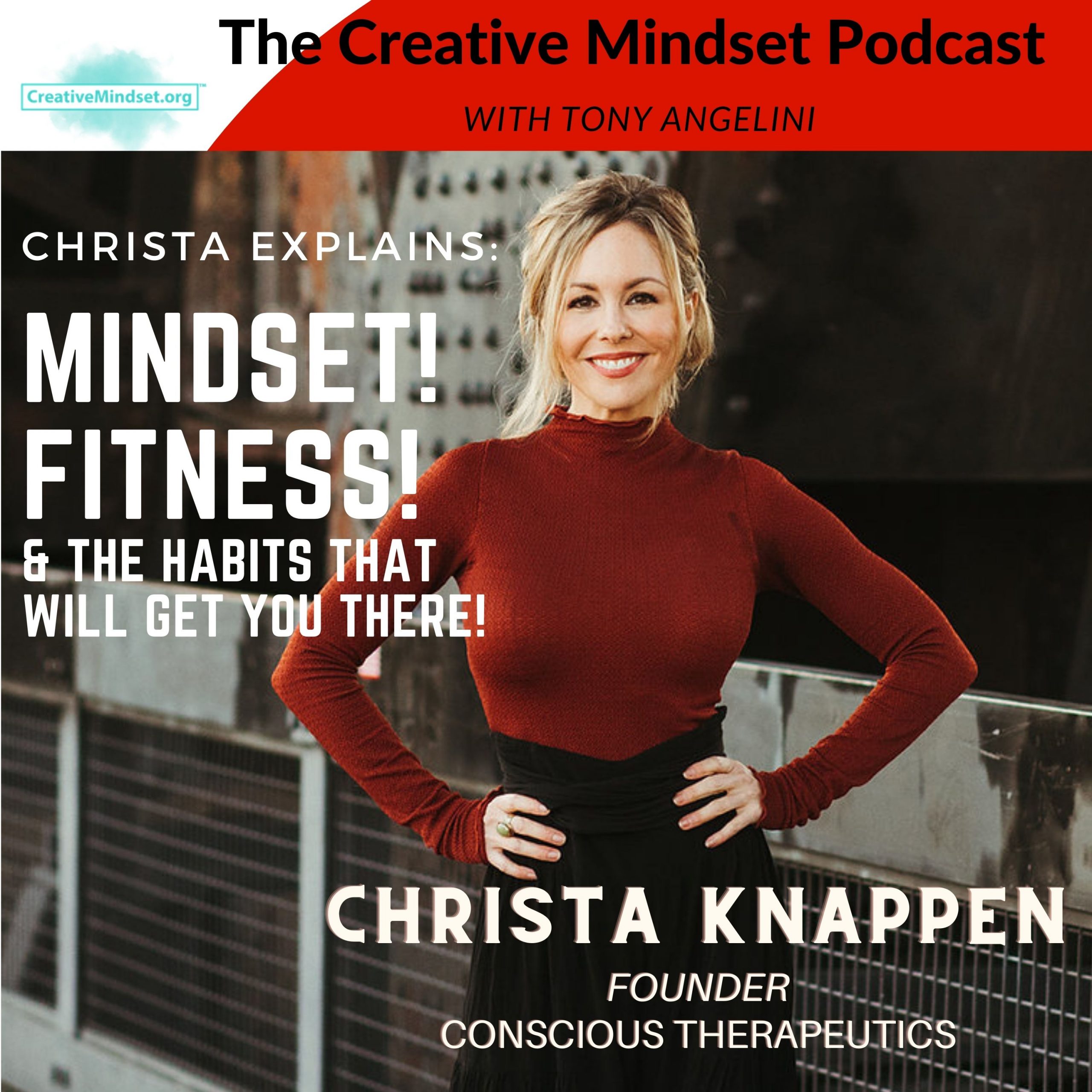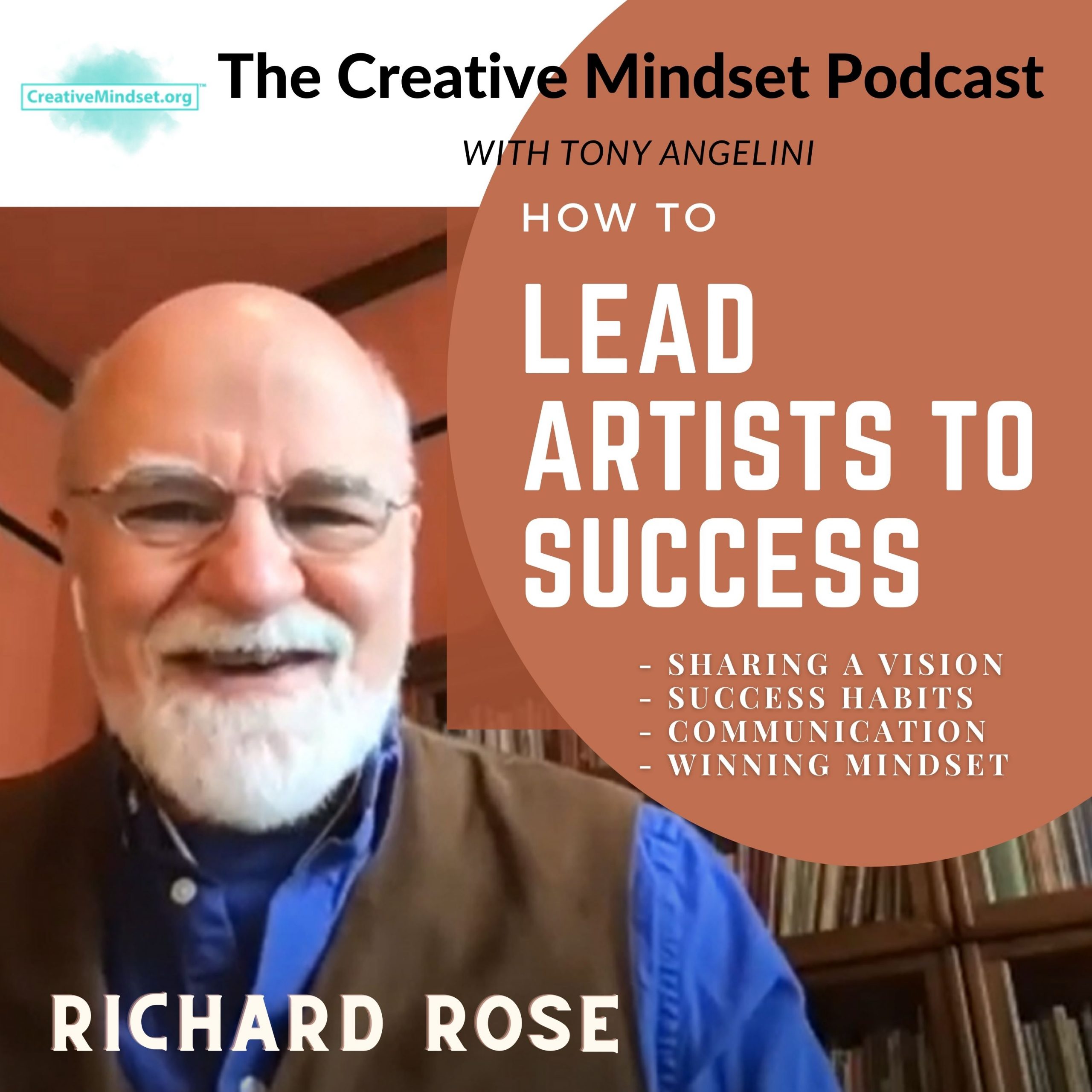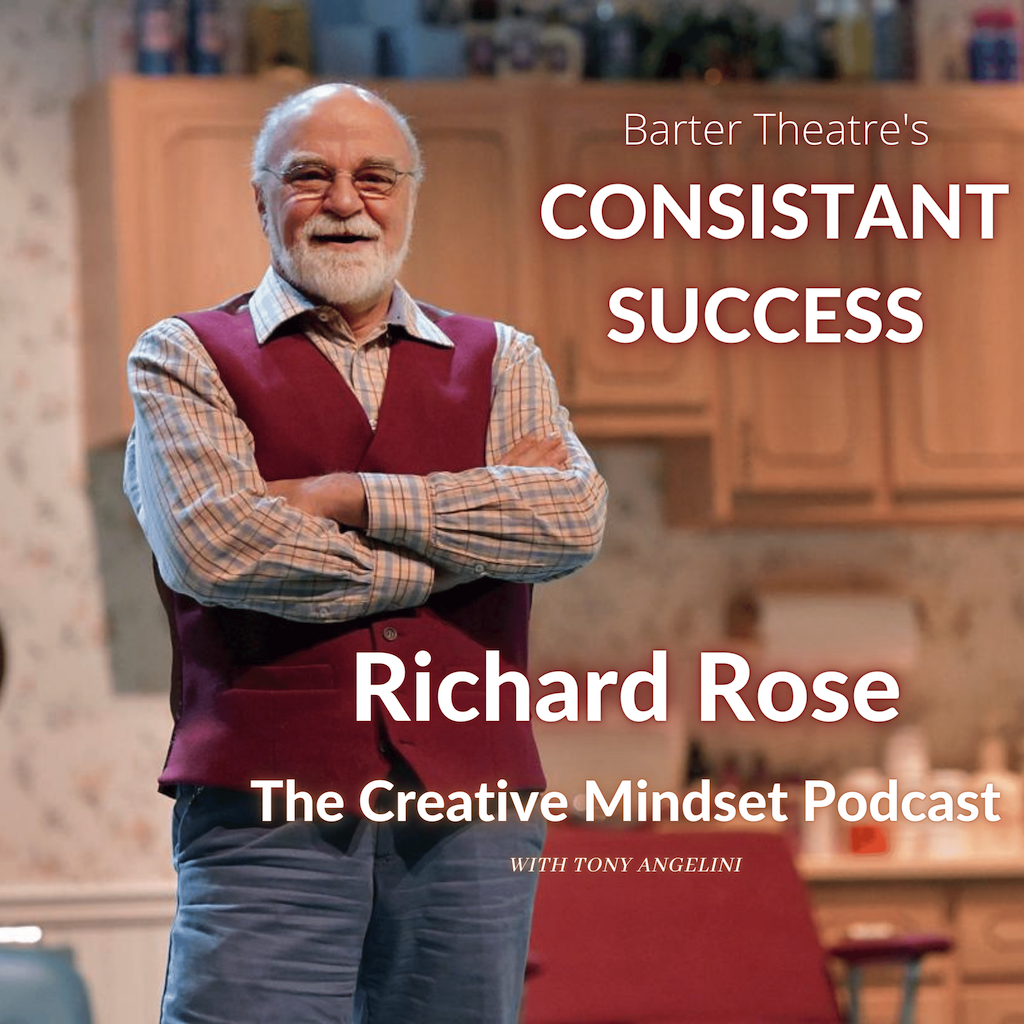Mindfulness for the Top Challenges Artists Face Today. Stephanie Nash Actor and Mindfulness Teacher Stephanie Nash Explains how mindfulness can be used to help with common challenges professional artists face every day. Stephanie’s links: website: www.strategic-mindfulness.com instagram: stephanie__nash Facebook: https://www.facebook.com/StephanieNash.MindfulnessArts YouTube: https://youtu.be/r1Cpt2VSReo You can also find Stephanie on ClubHouse! Share on facebook Facebook Share on […]
